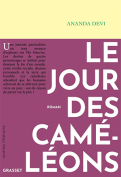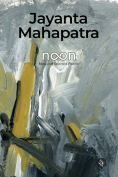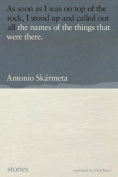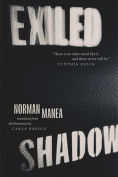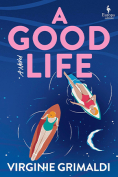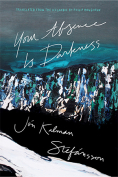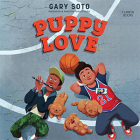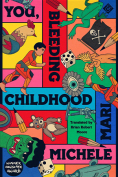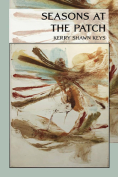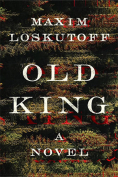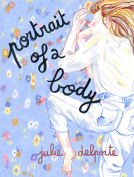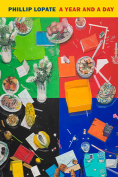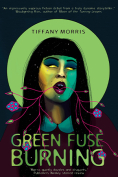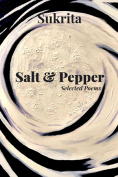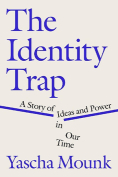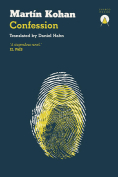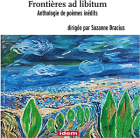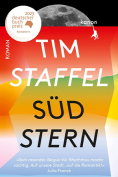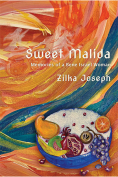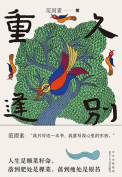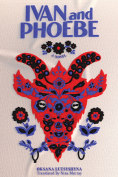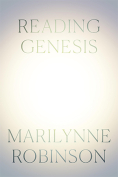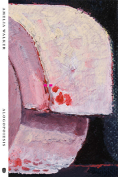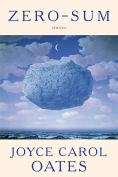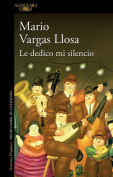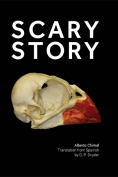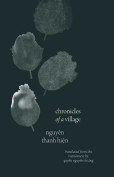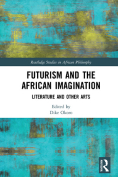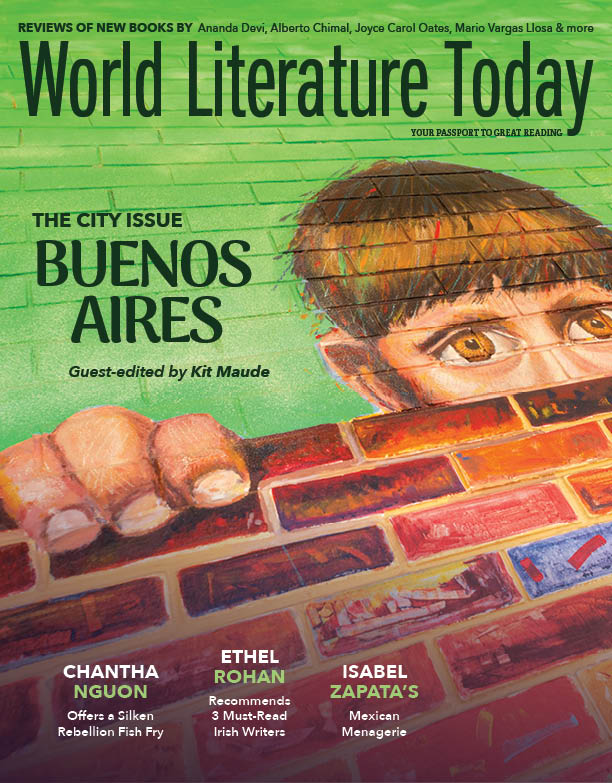Confession by Martín Kohan
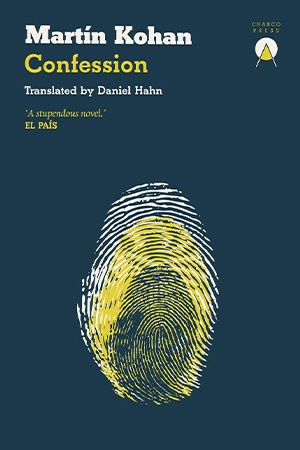 Edinburgh. Charco Press. 2023. 165 pages.
Edinburgh. Charco Press. 2023. 165 pages.
The third of Martín Kohan’s novels translated into English, Confession is bookended by scenes from the life of one Mirta López, as narrated by her grandson. These chronicle her early dalliances with infatuation and masturbation, experiences confused and distorted by trips to the confessional box. Later on, we catch her in advancing years, in an old peoples’ home with her visiting grandson. Sandwiched between these episodes is the story of a revolutionary group planning to blow up a plane Jorge Rafael Videla is set to be on. With these slow, meditative scenes of self-discovery and old age on either side, Confession’s middle chapter might seem a little out of place; taking into consideration Videla’s military junta and the Argentines who suffered under it, Mirta’s stunted biography becomes painfully fitting.
Confession captures Mirta López at twin poles of her life. Early on, the sight of a young Videla—traveling between her hometown of Mercedes and Buenos Aires—instills the first inklings of sexual desire in her. Mirta’s self-discovery is somewhat stunted by the warnings of Father Suñe in the confessional box, though desire eventually wins out. Kohan’s portrayal of a child discovering masturbation is both acute and delicate; it is a formative and challenging time for a child that is often shirked in literature. Mirta struggles to square how this newly discovered “factory [of] good thoughts” can be squared with evil and sin. Though isolating, this conflict supplies her with a private world, a means to foster a sense of self. Away from the window through which she espies Videla—“her essential place”—Mirta feels “trapped by her parents, amputated from herself.” Mirta’s childhood is a succession of revelatory scenes, moments in which “a dull corner in Mercedes” briefly becomes “a sparkling, a dazzle, a radiance, an annunciation.”
Confessions themselves dominate Mirta’s biography, though they rarely bring about any atonement. Mirta’s early trips to Father Suñe are prescriptive and formulaic; she finds herself admitting to trifles just to satisfy the custom. When she finally feels she has something worth sharing—something that is “less like a confession than a question”—Father Suñe can’t match her sincerity and chastises her. She is left with the sense she has done something wrong, apparently something so obvious that it needn’t be spelled out to her. Mirta is too naïve to flesh out her confession, to bridge the gap between these new sensations and Father Suñe’s condemnation. Even in her later years, the right words still escape Mirta, and her confessions remain questions in disguise. Although more experienced now, Mirta has a lifetime of guilt and shame behind her, and it is too solid to be instinctively molded into a coherent confession. Mirta’s biography seems less concerned with confession itself than with the preliminaries that must come before.
Confession’s hard-boiled center might feel at odds with what is elsewhere a series of psychological scenes with an unerring focus on one Argentine woman. However, the permeating influence of Videla’s military junta stunted the lives of those unfortunate enough to live under it, and parallels can be drawn to this structural impediment that puts Mirta’s life on hold. These idyllic childhood scenes, as well as those that capture the relative stillness of old age, are a sharp contrast to the violence and plotting that fill the center. Their coexistence captures the two faces of life under Videla; thirty thousand “enemies of state” were disappeared during the Dirty War, though there was an insistence from the junta that Argentina was a united nation, that as a populace they were “right and human.” This is perhaps best represented by the 1978 World Cup, when the roars from the River Plate stadium could be heard from a concentration camp just a mile away.
Kohan’s novel points out the difficulties associated with confession, the string of anxieties and uncertainties that precede it. It is about the atrocities committed by Videla—once a young and naïve man himself—as well as the private shames that arise when we lack the means to figure out our problems.
Colm McKenna
Paris
